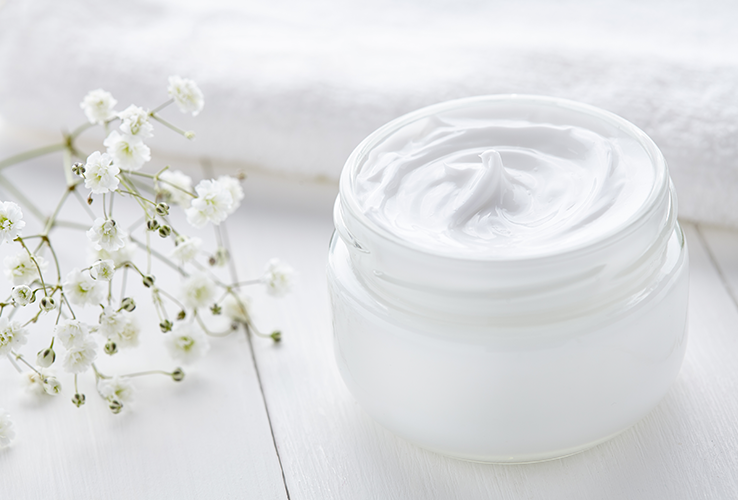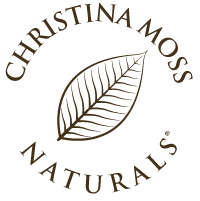
Bacteria, mold, and yeast are a fact of life. Sometimes they’re beneficial, but when it comes to health and beauty products? No thank you. Preservatives are a vital part of making sure your lotion, soap, or shampoo lasts long enough for you to use it.
Unfortunately, preservatives are also an area where you can run into trouble if you use conventional products. Take parabens, for example. While this widely used class of preservatives does extend shelf life, it is also associated with a number of troubling health concerns.
The solution? Avoiding questionable preservatives altogether and relying on natural alternatives. Here are three of my favorite natural preservatives that I trust to keep my products safe, beneficial, and free from spoilage.
My Favorite Natural Preservatives
Vitamin E:
Vitamin E is an ingredient I use often because it preserves products while supporting healthy, beautiful skin. This vitamin is a potent antioxidant that helps to prolong the shelf-life and quality of oil-based products. It also helps keep skin healthy and functioning as it should by improving blood vessel health, supporting a healthy cardiovascular and immune system, and reducing inflammation. Finally, Vitamin E can reduce the appearance of scars, wrinkles, stretch marks, and other skin problems. What a multi-tasker!
Organic Alcohol:
Alcohol has a bit of a bad reputation in skincare. While it is often accused of drying out the skin, when used the right way organic alcohol is actually very beneficial, both for a product and for the person who uses it. When used at a high enough concentration, alcohol dramatically decreases the growth of bacteria, yeasts, molds, and other nasties. Alcohol is also a natural emulsifier and carrier. This improves product quality and helps make sure other ingredients penetrate your skin effectively. Whenever I use organic alcohol I very purposefully include other pure and clean ingredients that counteract its drying effects. The end result is both nourishing and has an impressive shelf life.
Rosemary Oleoresin:
Like Vitamin E, rosemary oleoresin is an antioxidant that extends the life of oil-based products. I like to use it in soaps, where it helps to prevent oxidization and keeps products fresher for longer. Rosemary oleoresin is especially useful when working with fragile oils such as avocado and grapeseed. While I primarily use it to keep oils from going rancid, this ingredient also has antimicrobial traits. It’s not enough that I’d use it on its own as a preservative, but it can help contribute to a large antimicrobial system. I also love how the fragrance – fresh, herbaceous, and natural – adds another layer of enjoyment to some of my favorite recipes.
While most of these preservatives can be safely used by most people, your results may vary. It’s best to avoid rosemary oleoresin if you have an allergy to rosemary. If you’re unsure how your skin will react to a new product or ingredient, consider testing it out on a small area before applying more generously.
Choosing to preserve products naturally instead of relying on cheap, potentially dangerous chemicals leads to a healthy, high quality product that lasts. What are your experiences with natural preservatives? Let me know about them in the comments below!
